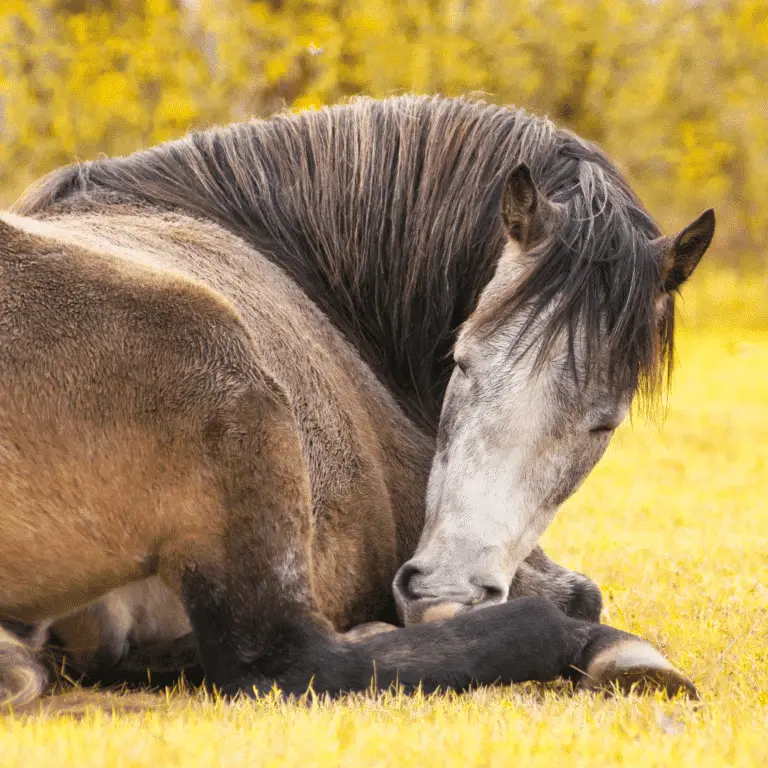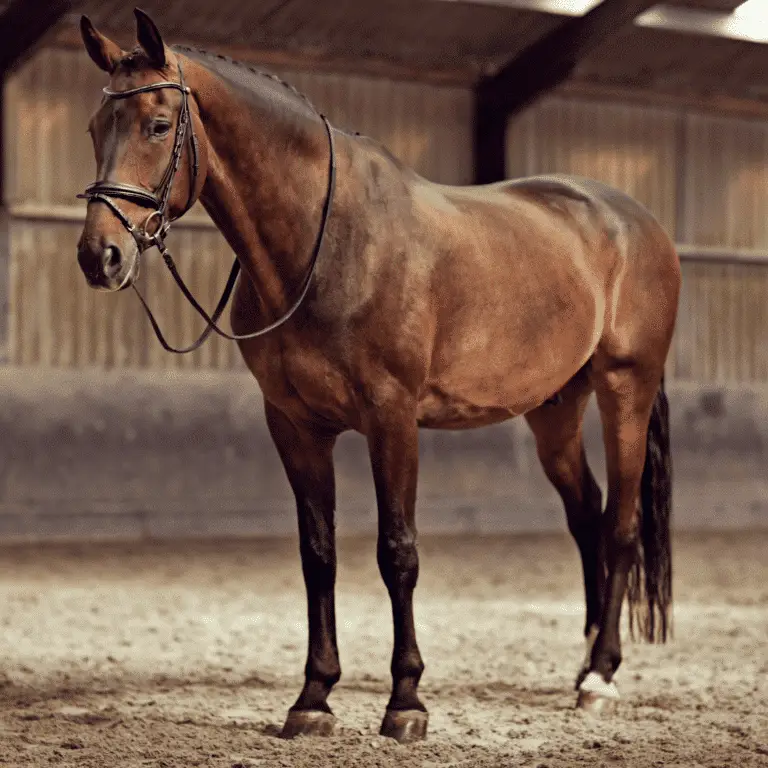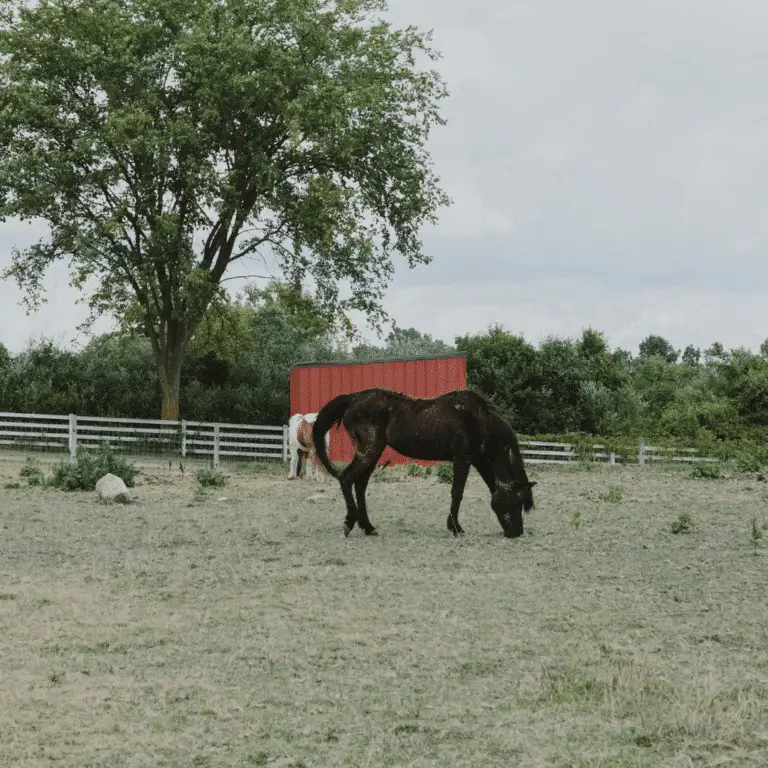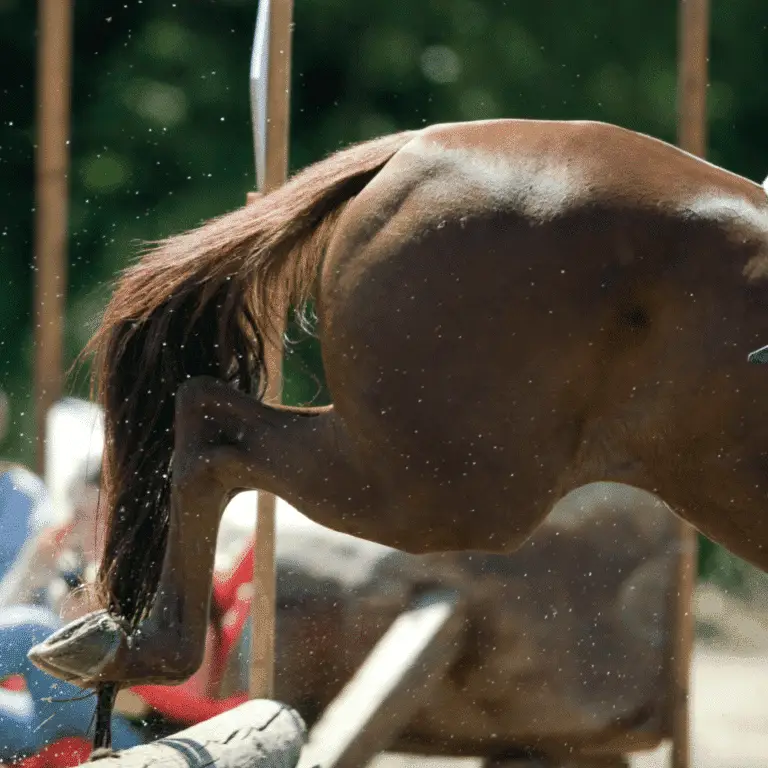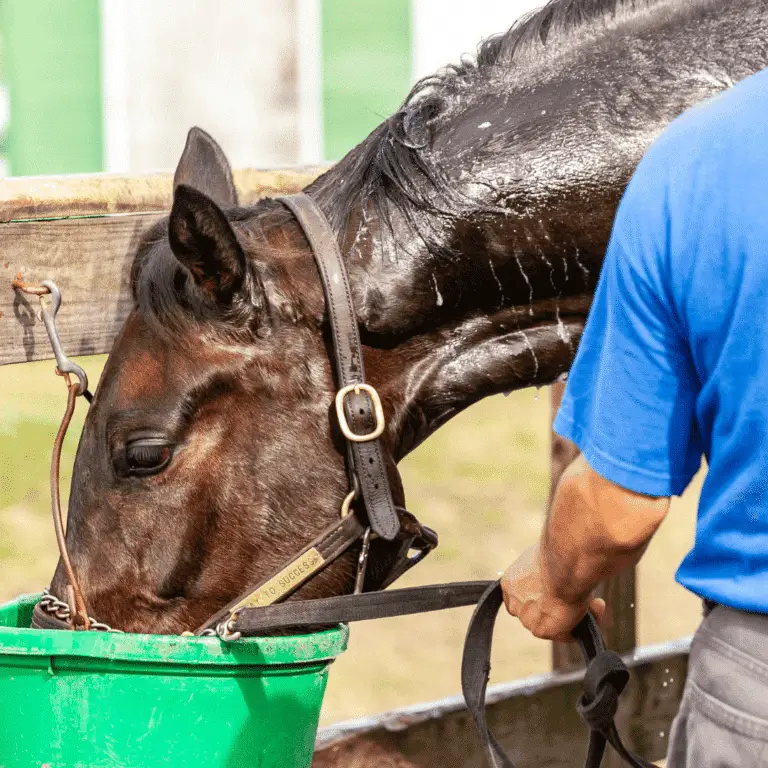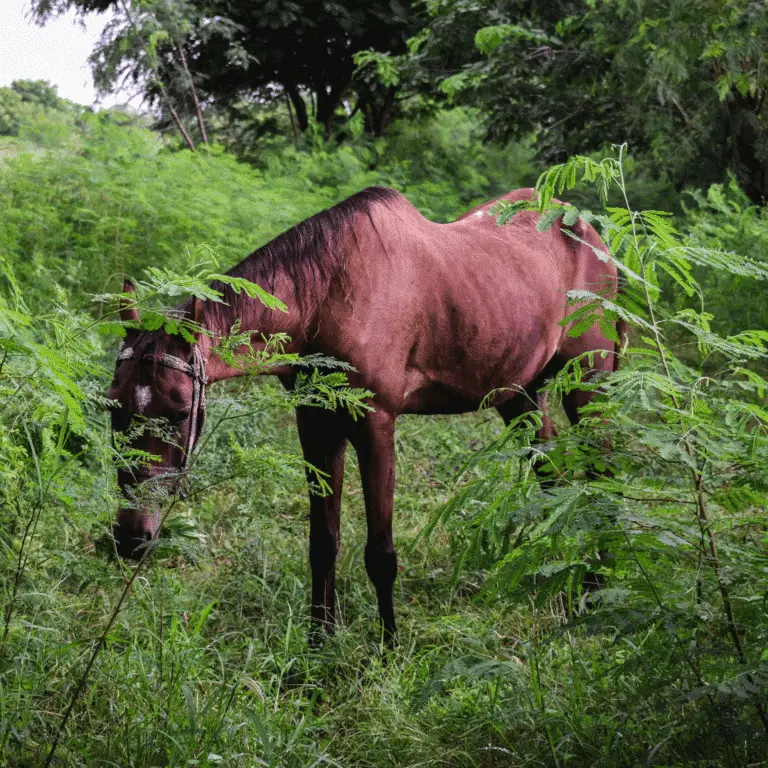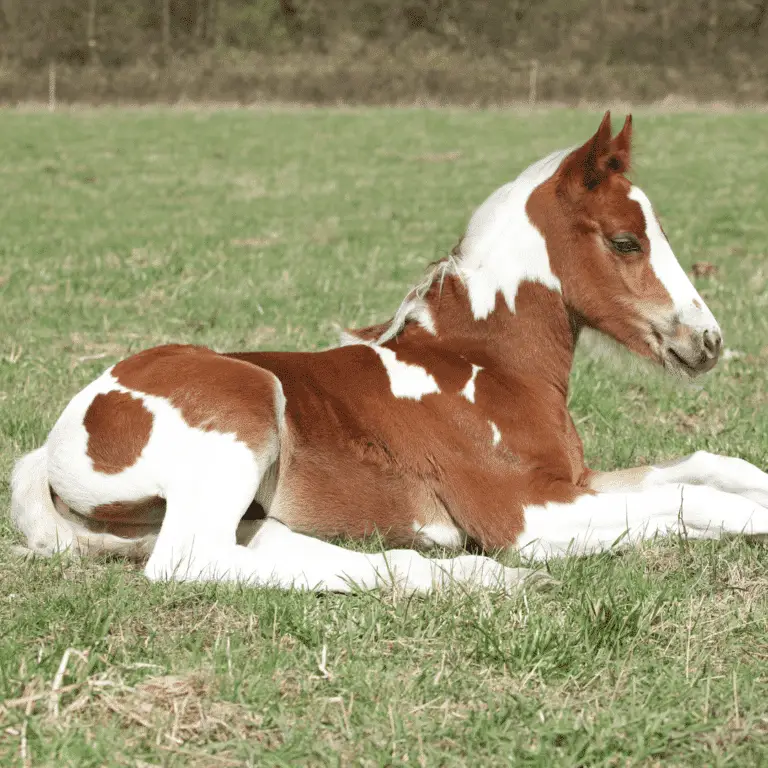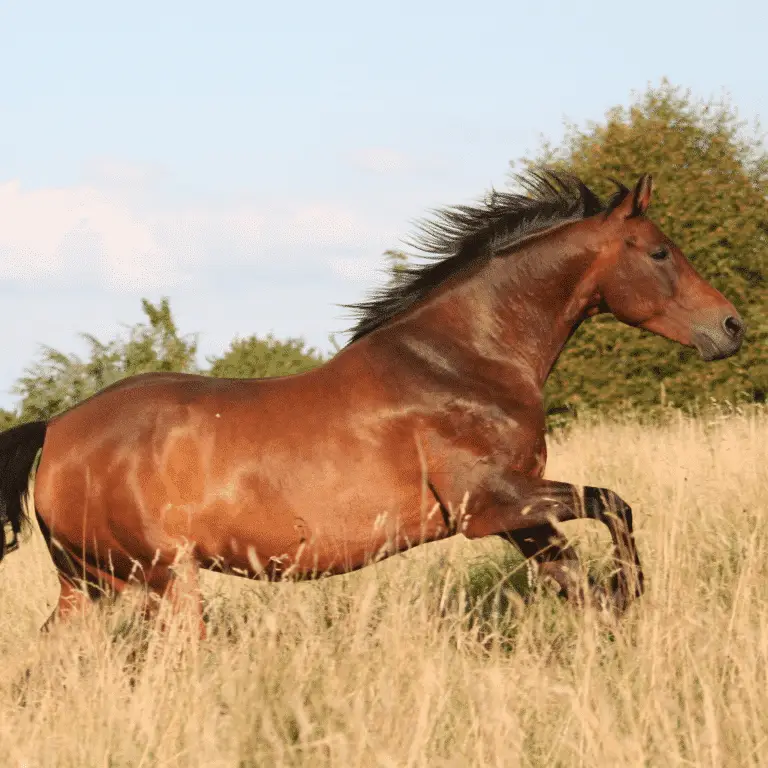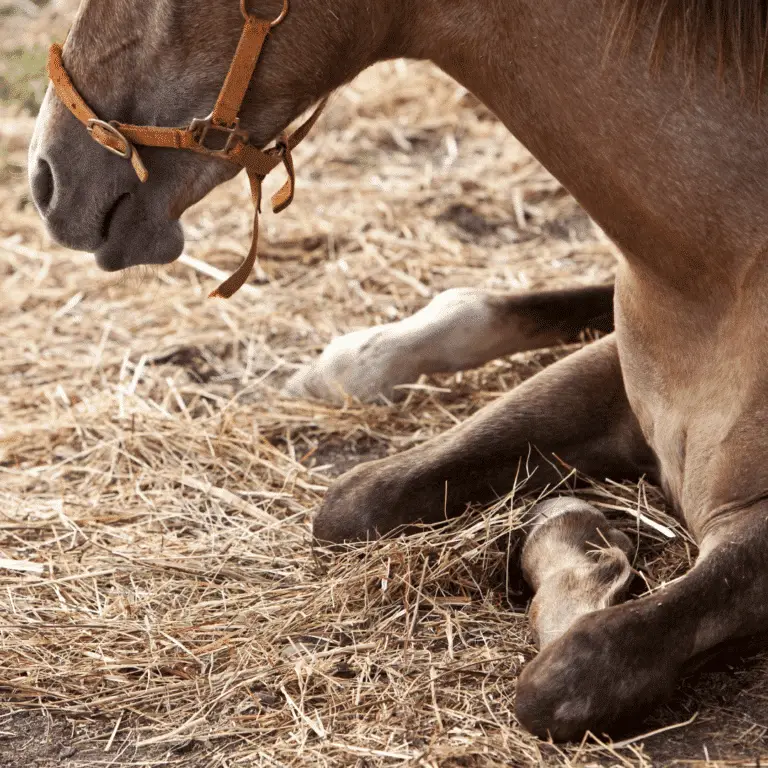Whether you’re a seasoned equestrian or new to horse care, understanding the symptoms, treatments, and management strategies for muscular conditions is crucial for your horse’s performance and well-being.
Muscular diseases in horses can manifest in various ways, including stiffness, weakness, and exercise intolerance. Recognizing these symptoms early can make a significant difference in your horse’s comfort and athletic ability. Our articles cover a wide range of muscular conditions, from common issues like Tying-up (Exertional Rhabdomyolysis), Lordosis (Swayback) and Muscle Abscess to more complex diseases such as Atypical Myopathy, Clostridial Myositis and Anaplasma Rhabdomyolysis.
Each article delves into the underlying causes of these conditions, evidence-based treatments including dietary adjustments, exercise programs, and therapeutic interventions like massage and physical therapy. Whether you’re looking for advice on managing your horse’s workload, signs to watch for during exercise, or seeking guidance on when to consult a veterinarian or equine physiotherapist, we’ve got you covered.
